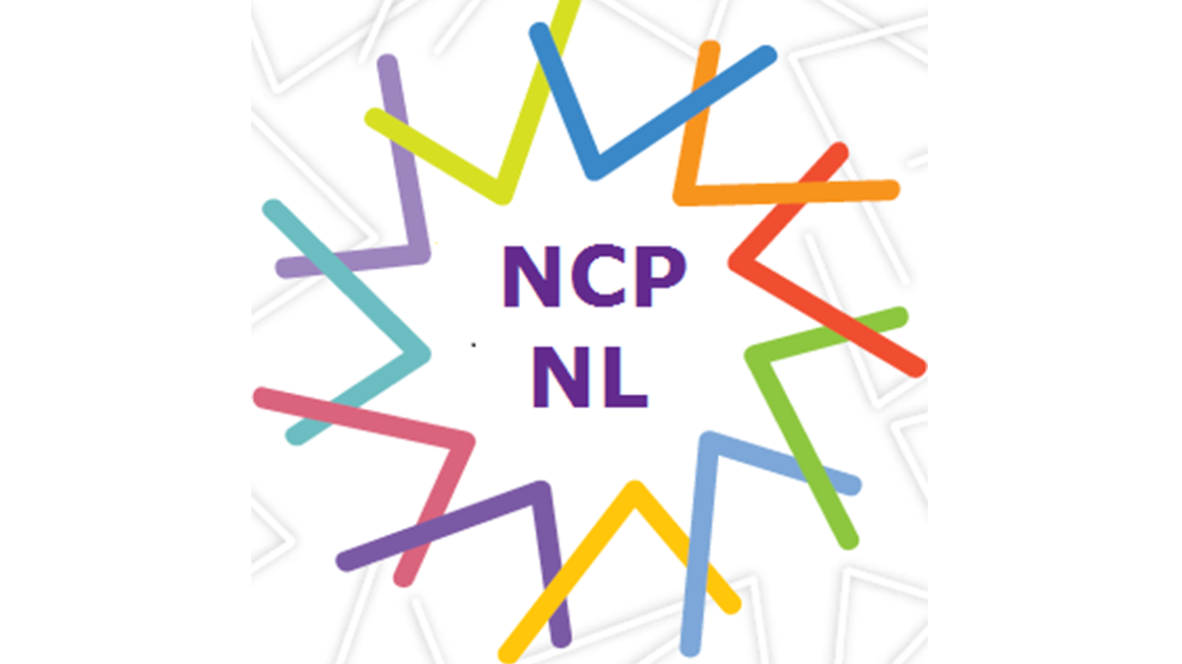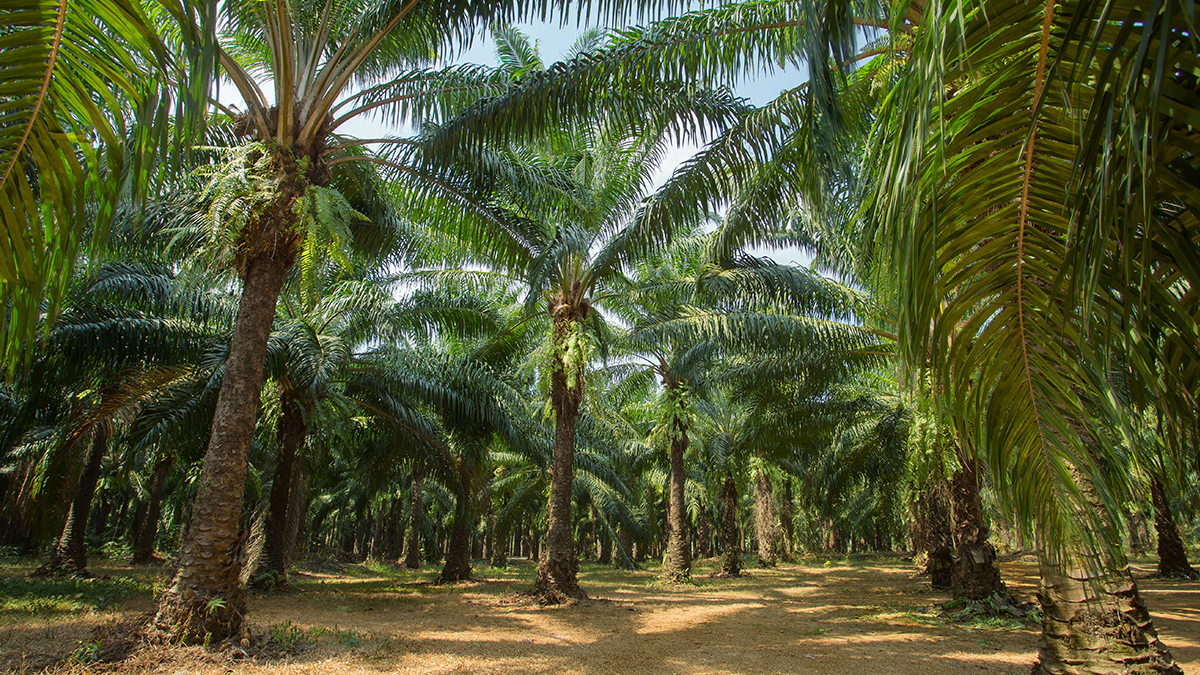ING reaction to NCP notification on palm oil
ING has been notified today that NGOs have made specific requests to the Dutch National Contact Point (NCP) regarding ING and palm oil.

Friends of the Earth Netherlands, in co-operation with its partners in Indonesia and Liberia, have requested the Dutch National Contact Point (NCP) to facilitate a dialogue with ING about specific impacts of palm oil production, and the responsibility of financiers in the palm oil supply chain to address those issues effectively.
The NCP is an institution that monitors whether companies comply with the corporate social responsibility guidelines of the OECD, the organisation for economic cooperation between industrialised countries.
ING is most willing to explain and elaborate on our approach, either directly to Friends of the Earth, or through the NCP.
The notification
In the notification, Friends of the Earth describes misconduct at specific palm oil plantations owned by three companies, namely Noble Group Ltd., Bolloré Group/Socfin Group S.A., and Wilmar International Ltd.
Given the long-standing concerns regarding the specific plantations, Friends of the Earth says that financial institutions like ING should take effective efforts to mitigate or prevent an adverse impact ‘linked to’ those plantations through their business (finance) operations.
If financial institutions fail to do so, their continuous financial engagement with the holding companies, may ‘contribute to’ the harm at the plantation, demanding higher levels of responsibility and thus appropriate action under the OECD Guidelines to address the issues.
According to Friends of the Earth, “ING’s clearest recourse to cease its contribution to the harms is to divest from the industrial palm oil sector and specifically the named companies.”
ING and palm oil
Palm oil is used as an ingredient in a range of products, from toothpaste and soap, to food items like crisps and biscuits. The growing demand for palm oil across global supply chains raises questions about the environmental and social sustainability of palm oil plantations. Concerns include potential deforestation, loss of biodiversity and wildlife, unethical labour practices and the displacement of local communities.
These are serious issues. On the other hand, alternative oil crops need seven to nine times more land. As a result, replacing oil palms with another type of oil crop would increase the demand for agriculture land.
We can’t always prevent environmental and social issues in our clients’ operations, but we can collaborate with them to find solutions based on our environmental and social risk policies, the Equator Principles and the IFC Performance Standards.
ING’s approach to engagement and collaboration is consistent with the recommendations of the International Union for Conservation of Nature (IUCN) - the international organisation for nature conservation and sustainable use of natural resources.
Engaging with clients to improve their business
In its June 2018 statement, the IUCN Oil Palm Task Force warns that “banning palm oil would most likely increase the production of other oil crops to meet demand for oil, displacing rather than halting the significant global biodiversity losses caused by palm oil.” Many members of civil society share this view.
In September 2018, in response to the IUCN report, ING decided not to engage with new clients active as palm oil producers (plantations, crushing mills), traders or refiners dedicated to palm oil.
As recently as April 2019, the World Wildlife Fund (WWF) released a statement calling on banks and institutional investors to address deforestation, climate change and human rights abuses in the sector. According to WWF, “divestment is not the answer”.
At ING, we aim to use our leverage by engaging with our clients to improve their businesses. After all, these are the bigger players in the market and therefore those with the greatest potential to make a difference. In total we finance less than ten clients that earn 10% or more from palm-oil-plantation-related activities. More than 85% of those clients currently have a ‘No Deforestation, No Peat, No Exploitations’ policy in place.
Furthermore, all of them have committed to 100% RSPO (Roundtable on Sustainable Palm Oil) certification by 2030, with some of them committing as early as 2020. As of 2020, we will report the number of clients that are RSPO certified.


